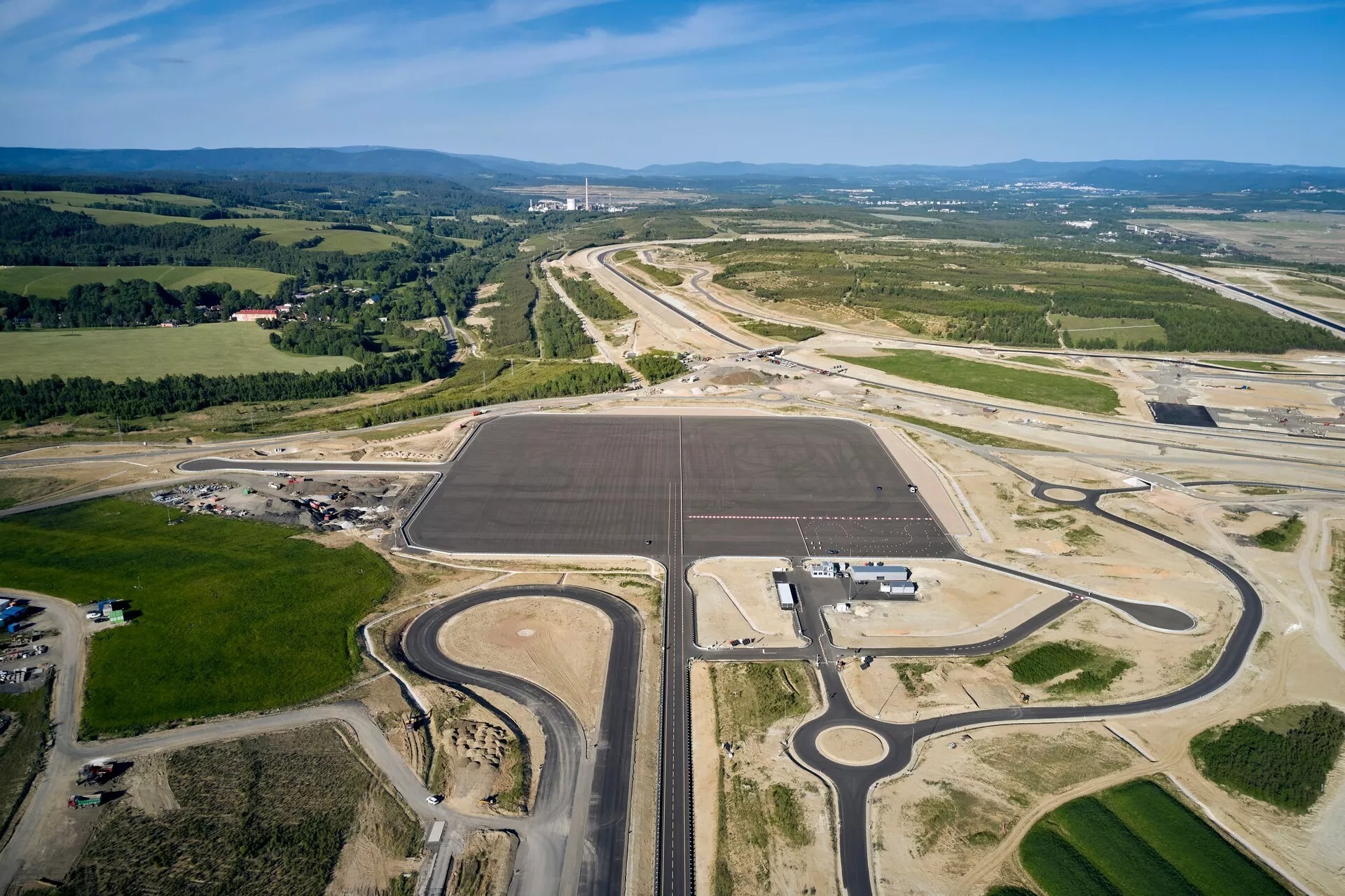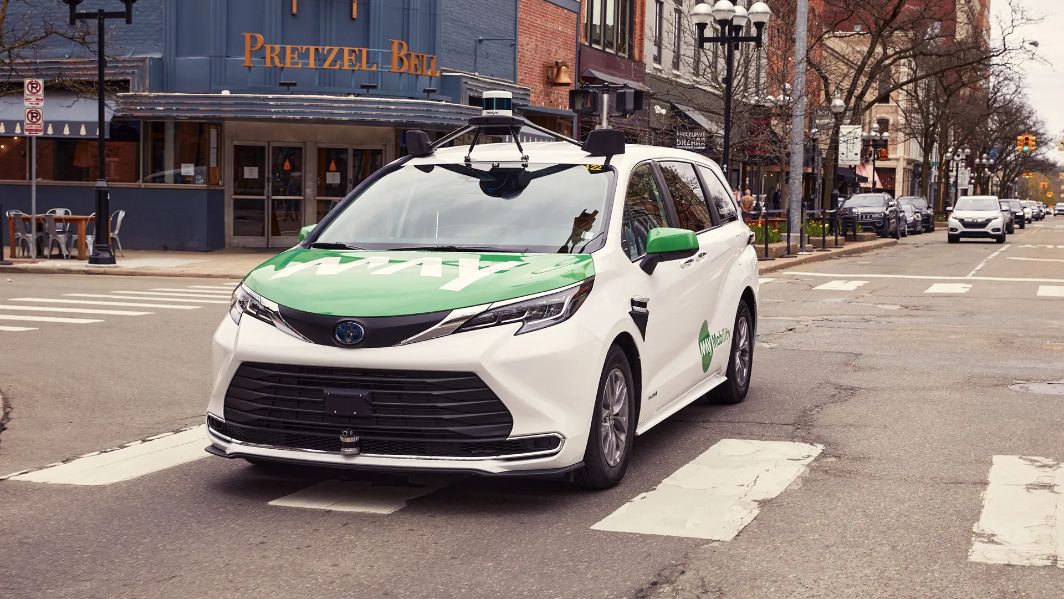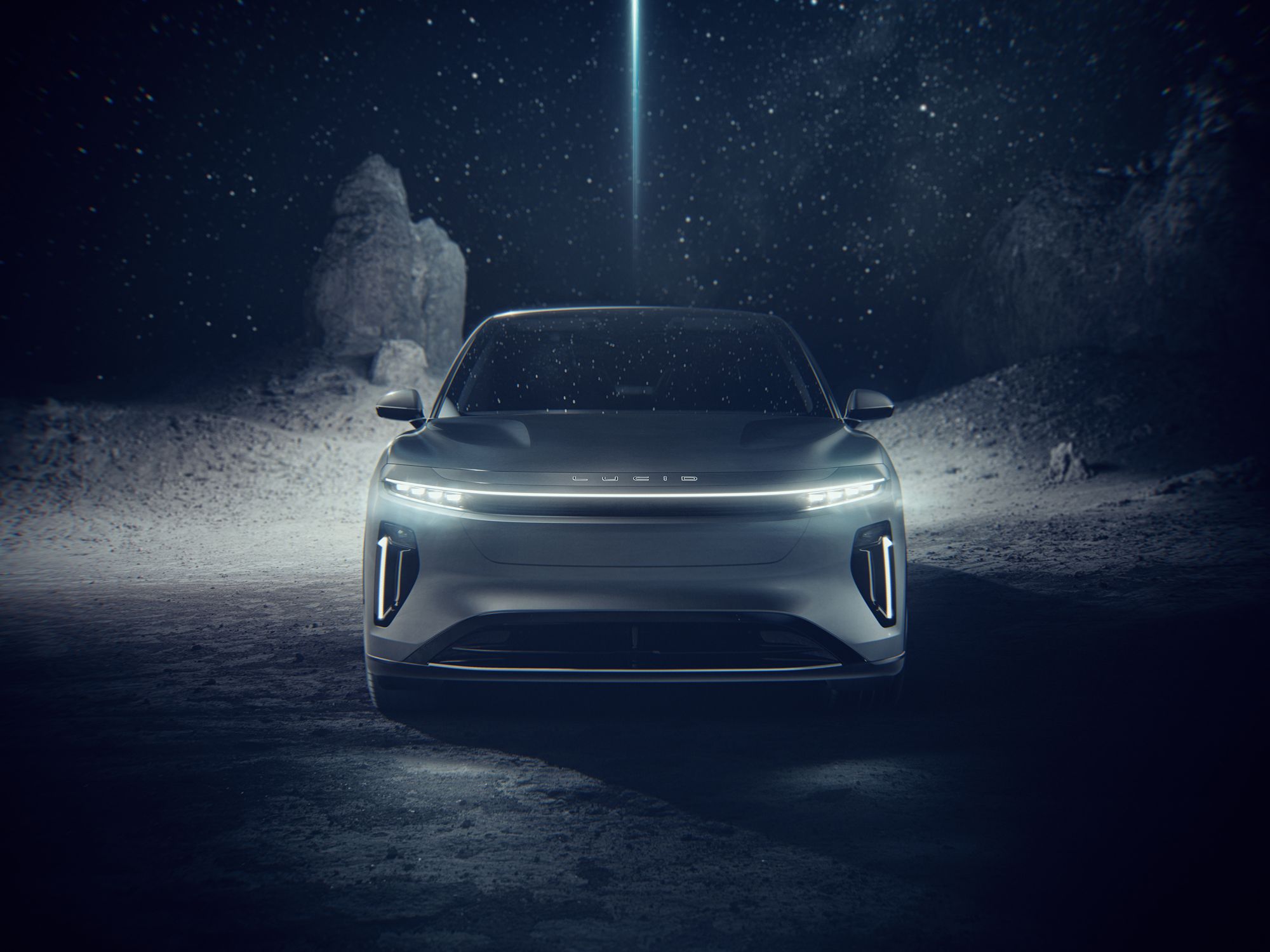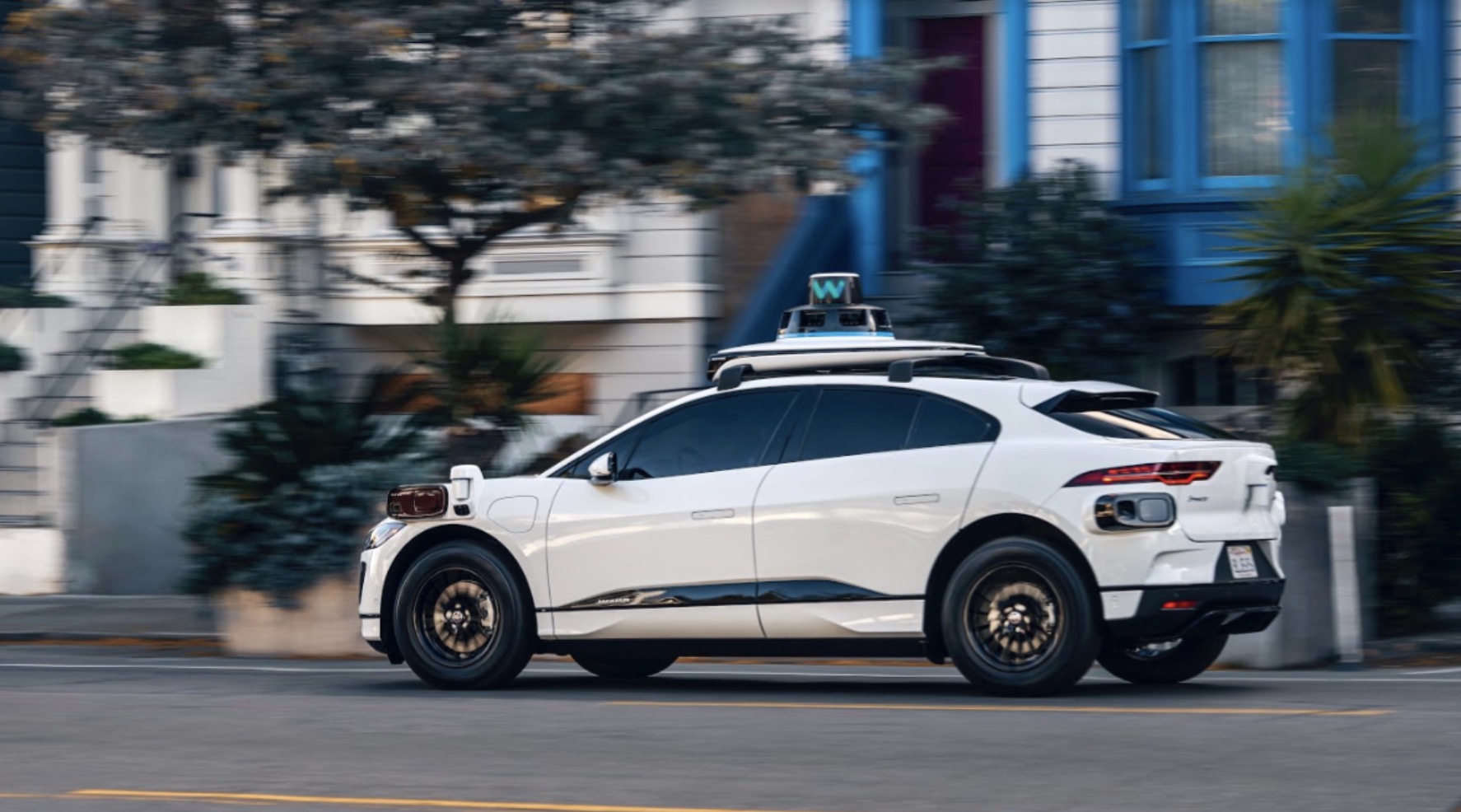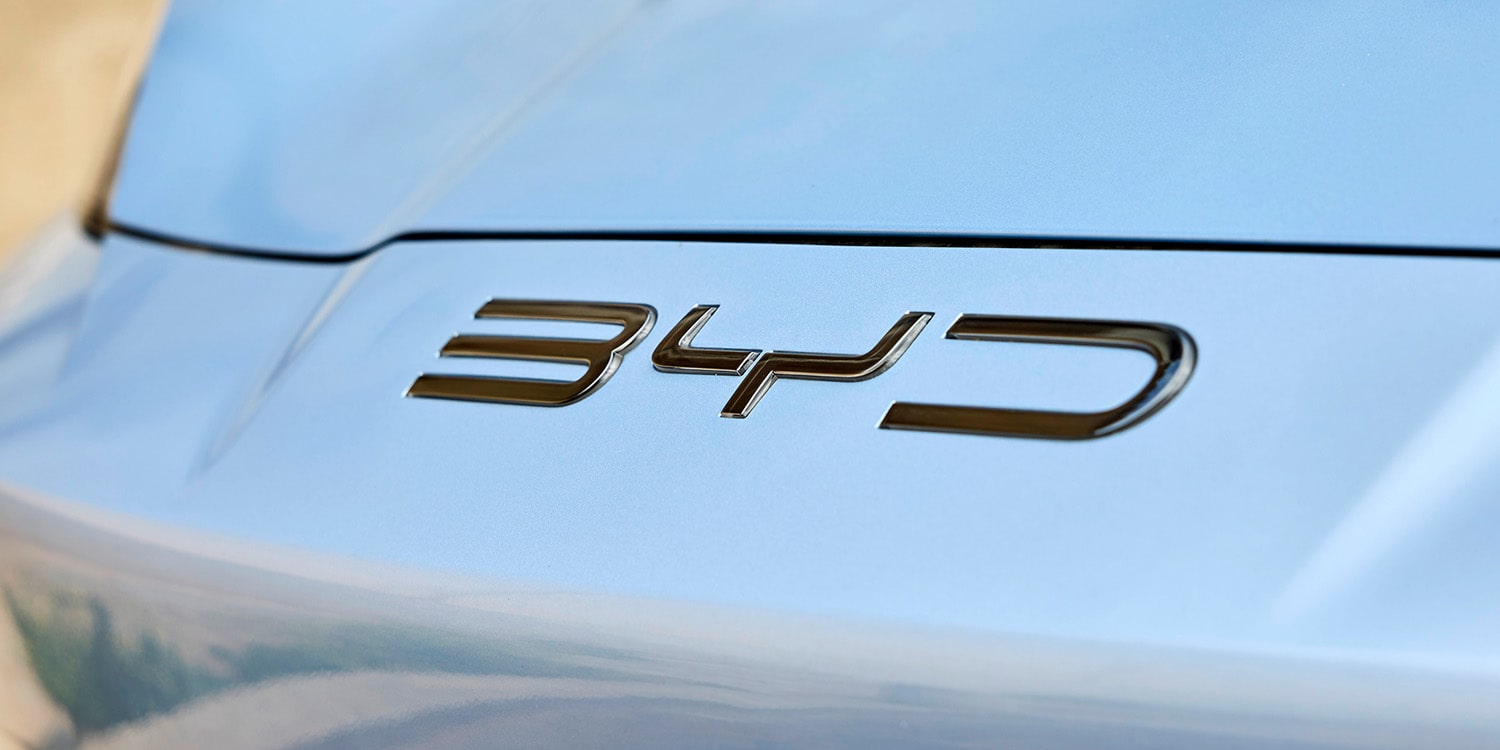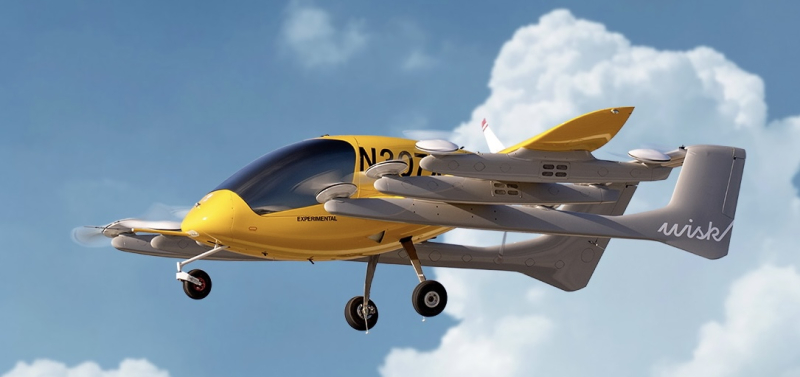BMW has recently introduced its state-of-the-art testing facility, the Future Mobility Development Center, in Sokolov, Czech Republic, signifying a significant step in the advancement of automated driving and parking technologies. With an investment exceeding €300 million ($329 million), the sprawling site expands BMW’s existing test locations, including those in Aschheim, Munich, Miramas (France), and Arjeplog (Sweden).
Spanning over 600 hectares, the Future Mobility Development Center offers BMW a diverse range of driving conditions to thoroughly evaluate autonomous systems, encompassing cityscapes, rural areas, and highway settings. The testing activities have already commenced, with Ars Technica granted access to witness some of the trials.
During the publication’s visit, BMW conducted tests using two autonomous prototypes equipped with an array of advanced sensors. These self-driving vehicles followed a repetitive route as part of their evaluation process. BMW’s project lead for driverless development, Philipp Ludwig, explained that tasking autonomous vehicles with repetitive exercises is advantageous over human drivers, who may encounter disinterest or fatigue.
To date, BMW’s self-driving prototypes have covered approximately 43,500 miles (~70,000 km) in a range of tests, encompassing high-speed autobahn maneuvers, stop light simulations, brake assessments, and traffic scenarios. Leveraging drive-by-wire technology allows for precise and consistent pedal inputs during brake tests, and the vehicles slightly adjust their position to ensure accurate results unaffected by debris on the road.
Board member of development, Frank Weber, highlighted the uniqueness of the Future Mobility Development Center, stating, “With our new test site, we have created an unparalleled facility exclusively dedicated to the rigorous testing of automated driving and parking up to level 4.” Weber emphasized the center’s capability to execute consecutive test modules without interruption, fostering realistic, reliable, and customer-oriented assessments across various driving conditions.
Moreover, the testing site operates on green electricity and boasts an advanced water management system that collects rainwater for track irrigation. The facility even incorporates amphibian control systems to ensure the safe passage of animals across the track.

